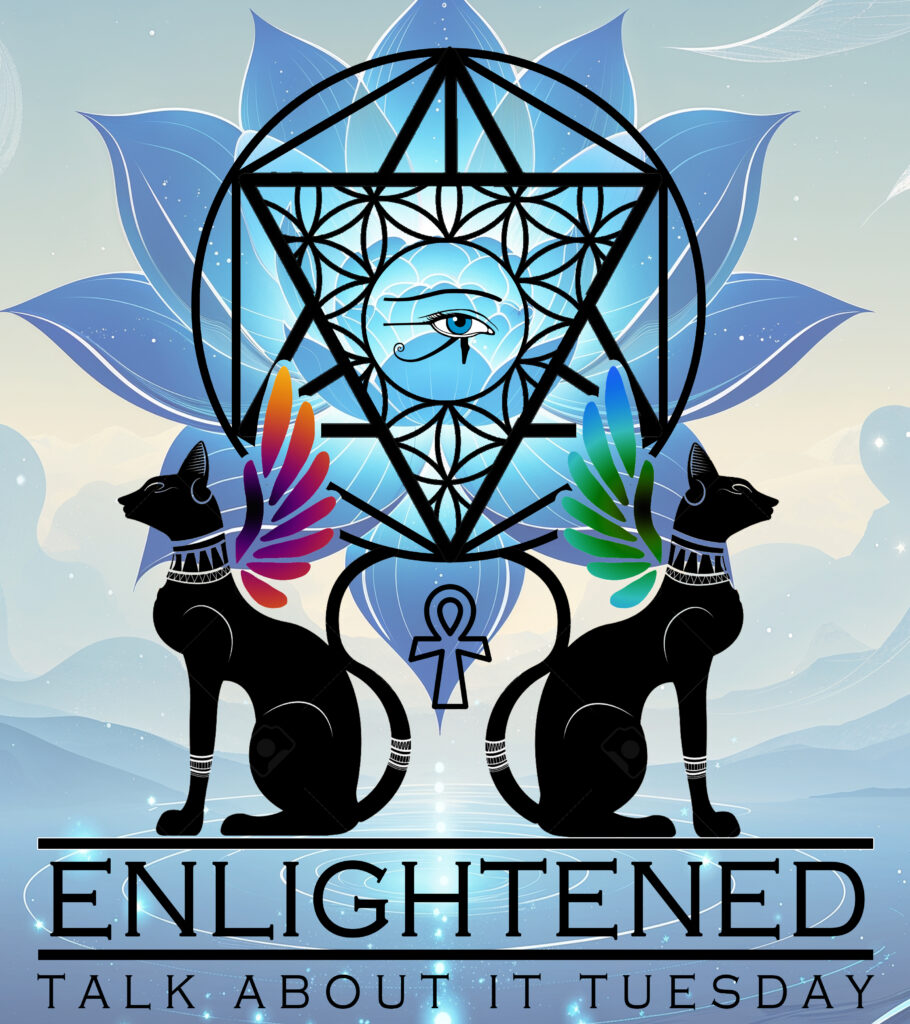
Welcome back to “Talk About It Tuesday” at Enlightened! Our conversations have taken us through self-actualization, empowerment, healthy boundaries, and the art of communication. Today, we delve into a deeply personal and empowering aspect of all these themes: Finding Your Voice and Speaking Your Truth.
How often do we silence ourselves for fear of judgment, conflict, or not being heard? How many times have we walked away from a situation wishing we had expressed what truly mattered to us? Finding your voice isn’t about being loud or aggressive; it’s about cultivating the inner clarity and confidence to express your authentic thoughts, feelings, needs, and beliefs in a way that is both true to you and respectful of others. For everyone in our Warren/Youngstown community seeking to live more authentically and build stronger connections, this is a vital skill.
What Does It Mean to “Find Your Voice”?
Finding your voice is a journey of self-discovery and courage. It means:
- Knowing Your Truth: Developing clarity on your own thoughts, feelings, values, and what is important to you. This often involves introspection and self-awareness.
- Valuing Your Perspective: Believing that your voice matters and that your experiences and insights are valid.
- Overcoming Internal Barriers: Addressing fears (of judgment, rejection, conflict) or limiting beliefs (“my opinion doesn’t matter,” “I shouldn’t rock the boat”) that might keep you silent.
- Authentic Expression: Communicating in a way that is genuine and aligned with who you are.
- Skillful Communication: Learning how to express your truth effectively – with clarity, confidence, and kindness.
At Enlightened, we believe that finding and using your voice is fundamental to personal empowerment and living a life aligned with your holistic well-being.
Why is Speaking Your Truth So Important?
When you find and use your voice authentically:
- Your Self-Esteem Grows: Speaking your truth, even when it’s difficult, reinforces your sense of self-worth and integrity.
- Relationships Become More Authentic: Honesty (delivered with kindness) fosters deeper trust and understanding. People know where they stand with you.
- Your Needs Are More Likely to Be Met: If you don’t voice your needs, others may not know they exist.
- You Reduce Inner Conflict and Resentment: Suppressing your truth can lead to internal frustration. Expressing it, even if imperfectly, can be liberating.
- You Contribute Your Unique Value: Your perspective is unique and valuable. Sharing it can enrich conversations, solve problems, and inspire others.
- It’s a Key Part of Setting Boundaries: Clearly communicating your limits requires you to use your voice effectively.
Steps to Finding and Using Your Voice:
This is a practice, and it takes time and courage. Here are some steps to guide you:
- Connect with Your Inner Self:
- Talk About It: Spend time in quiet reflection, journaling, or meditation to understand what you truly think and feel. What matters most to you in different situations? What are your core values?
- Identify Your Fears:
- What holds you back from speaking up? Is it fear of judgment, conflict, or not being liked? Acknowledging these fears is the first step to moving through them.
- Start Small and Safe:
- Practice expressing your opinion or needs in low-stakes situations with people you trust. This could be as simple as stating a preference for a restaurant or sharing a thought in a supportive group.
- Practice “I” Statements (Again!):
- Frame your expressions around your own experience: “I think…”, “I feel…”, “I need…”, “From my perspective…”. This is less likely to make others defensive than “You always…” or “You should…”.
- Focus on Clarity, Not Perfection:
- You don’t have to articulate your thoughts perfectly every time. The effort to be authentic is what counts. It’s okay to stumble or revise what you’re saying.
- Listen to Your Body:
- Your body often gives cues when you’re not speaking your truth (e.g., a knot in your stomach, a tight throat). Pay attention to these signals.
- Choose Your Battles Wisely:
- You don’t have to speak up about everything. Discern when it’s important for your integrity or well-being to express yourself.
- Remember Kindness:
- Speaking your truth doesn’t mean being harsh or inconsiderate. You can be direct and honest while still being kind and respectful of others’ feelings.
Holistic Support for Finding Your Voice
The journey of finding your voice can be profoundly supported through holistic practices:
- Holistic Wellness Coaching: Larissa Giles can help you explore your values, identify barriers to self-expression, build confidence, and practice assertive communication skills in a safe, supportive environment.
- Arts Integration & Sound Healing: These modalities can help unlock creative expression and release energetic blockages that might be hindering your voice.
- Mindfulness & Meditation: These practices cultivate the self-awareness and inner calm needed to connect with your truth and express it clearly.
Finding your voice is an ongoing process of aligning your inner world with your outer expression. It’s a powerful step towards living a more empowered, authentic, and “Enlightened” life.
In what situations do you find it challenging to speak your truth? What’s one small way you could practice using your voice this week? We invite you to “Talk About It.”
If you’re looking for support in finding your voice and communicating with greater confidence and authenticity, connect with Enlightened.